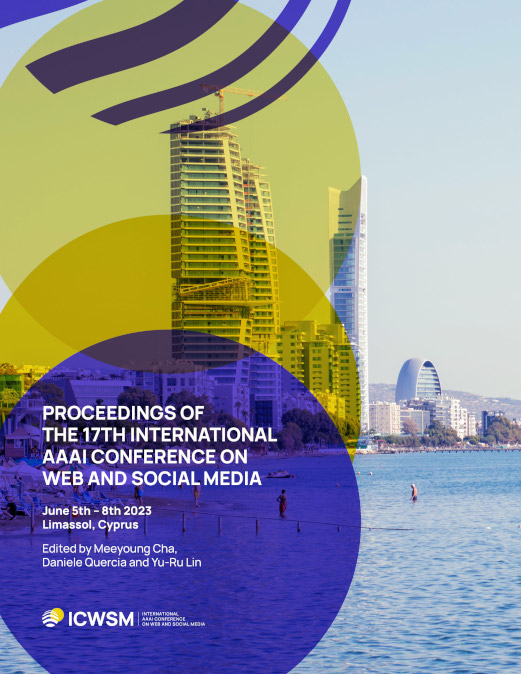Team Resilience under Shock: An Empirical Analysis of GitHub Repositories during Early COVID-19 Pandemic
DOI:
https://doi.org/10.1609/icwsm.v17i1.22170Keywords:
Trend identification and tracking; time series forecasting, Engagement, motivations, incentives, and gamification.Abstract
While many organizations have shifted to working remotely during the COVID-19 pandemic, how the remote workforce and the remote teams are influenced by and would respond to this and future shocks remain largely unknown. Software developers have relied on remote collaborations long before the pandemic, working in virtual teams (GitHub repositories). The dynamics of these repositories through the pandemic provide a unique opportunity to understand how remote teams react under shock. This work presents a systematic analysis. We measure the overall effect of the early pandemic on public GitHub repositories by comparing their sizes and productivity with the counterfactual outcomes forecasted as if there were no pandemic. We find that the productivity level and the number of active members of these teams vary significantly during different periods of the pandemic. We then conduct a finer-grained investigation and study the heterogeneous effects of the shock on individual teams. We find that the resilience of a team is highly correlated to certain properties of the team before the pandemic. Through a bootstrapped regression analysis, we reveal which types of teams are robust or fragile to the shock.Downloads
Published
2023-06-02
How to Cite
Lu, X., Ai, W., Wang, Y., & Mei, Q. (2023). Team Resilience under Shock: An Empirical Analysis of GitHub Repositories during Early COVID-19 Pandemic. Proceedings of the International AAAI Conference on Web and Social Media, 17(1), 578-589. https://doi.org/10.1609/icwsm.v17i1.22170
Issue
Section
Full Papers

